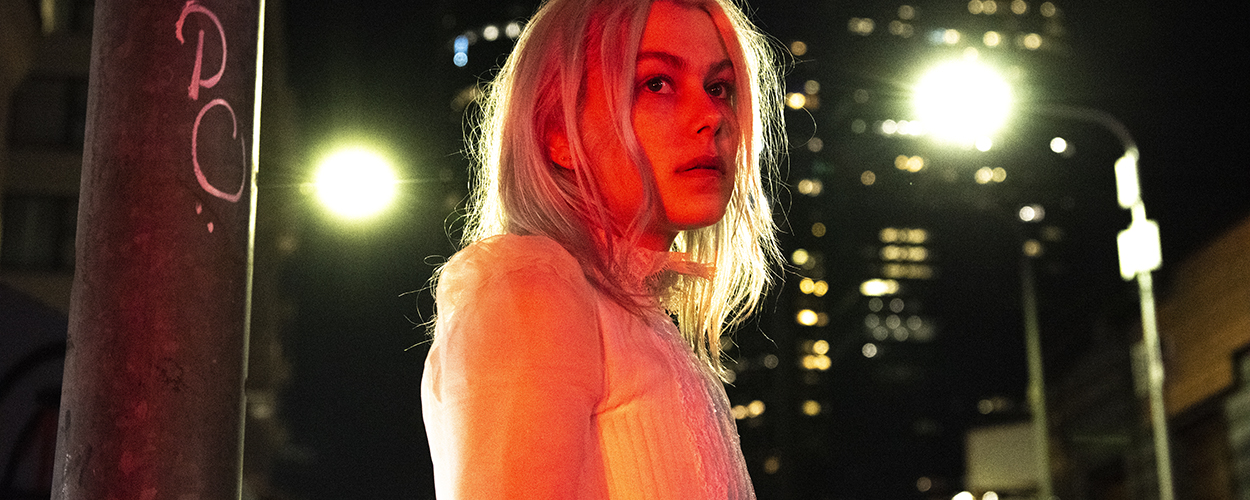This website uses cookies so that we can provide you with the best user experience possible. Cookie information is stored in your browser and performs functions such as recognising you when you return to our website and helping our team to understand which sections of the website you find most interesting and useful.
Artist News Legal
Phoebe Bridgers must participate in deposition as part of defamation legal battle
By Chris Cooke | Published on Monday 4 April 2022

A court in California last week said that Phoebe Bridgers must take part in a deposition and answer questions under oath as part of her defamation legal battle with recording engineer Chris Nelson. She had previously said that his request for a deposition was “nothing more than thinly veiled harassment”.
Nelson sued Bridgers last year claiming that, in October 2020, the musician posted and promoted various defamatory statements against him on Instagram. In those posts, Bridgers made a number of allegations of abuse and misconduct against Nelson, as well as directing her followers to his ex-girlfriend’s account on the social platform where further allegations had been made.
Nelson claims that Bridgers “intentionally used her high-profile public platform on Instagram to publish false and defamatory statements … in order to destroy his reputation”.
But she says that she believes the statements she made were true, insisting that they were based on “my personal knowledge, including statements I personally heard Mr Nelson make, as well as my own observations”.
Bridgers is trying to have the defamation lawsuit dismissed by citing anti-SLAPP rules, those being rules designed to stop people limiting the free speech of others through unwarranted litigation.
As the case proceeded into the so called discovery phase, the Nelson side requested that Bridgers be ordered to sit for a deposition. But, as noted, she said that request was “nothing more than thinly veiled harassment” and should therefore be denied.
However, the judge overseeing the dispute last week said that a key question to answer as part of Nelson’s defamation claim is whether or not Bridgers acted with malice when she made her statements on Instagram, because – to prevail in his litigation – he would need to “demonstrate that [the] defendant knew or recklessly disregarded that the alleged defamatory statements were false before publication”.
And answering that question requires the participation of Bridgers, the judge added, writing in his ruling: “Good cause for discovery prior to resolution of an anti-SLAPP motion is present in a defamation case involving a public figure when the defendant is the primary source of evidence regarding actual malice”.
He went on: “Because the subjective belief of defendant is critical, defendant herself is necessarily the primary, if not sole, source of evidence regarding actual malice”.
To that end the judge granted Nelson’s motion to force the Bridgers deposition, although questioning during that session “shall be limited to the issue of actual malice for the purpose of opposing defendant’s special motion to strike”.





